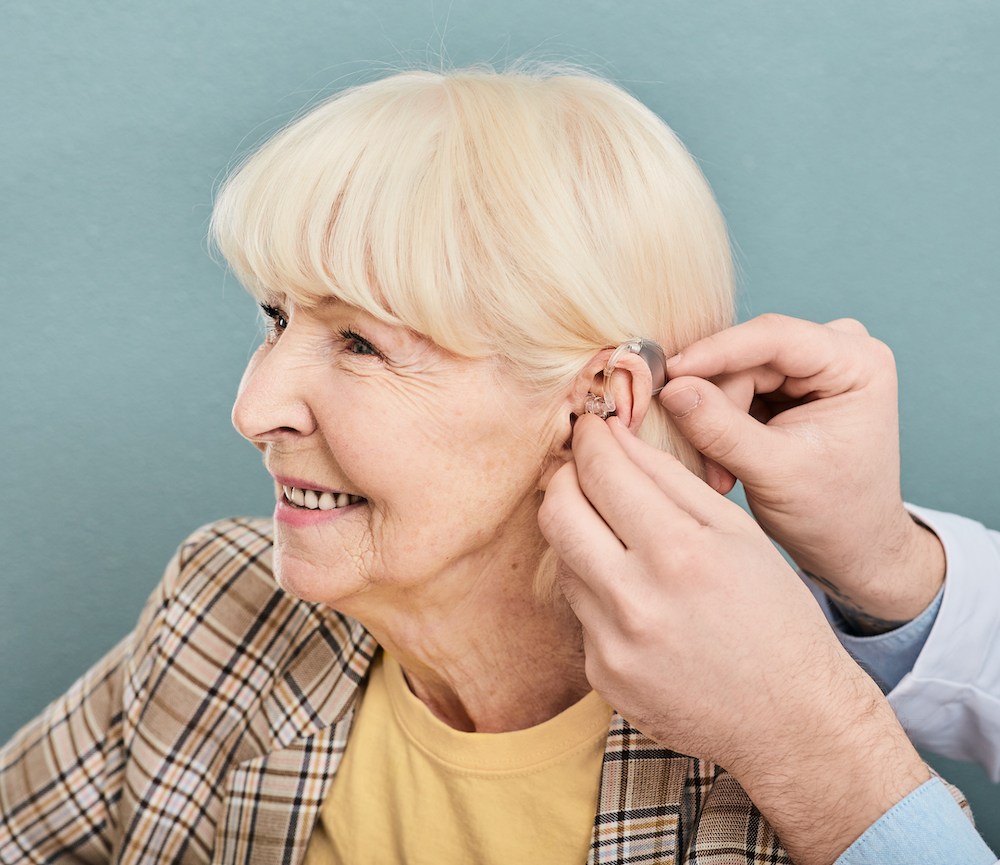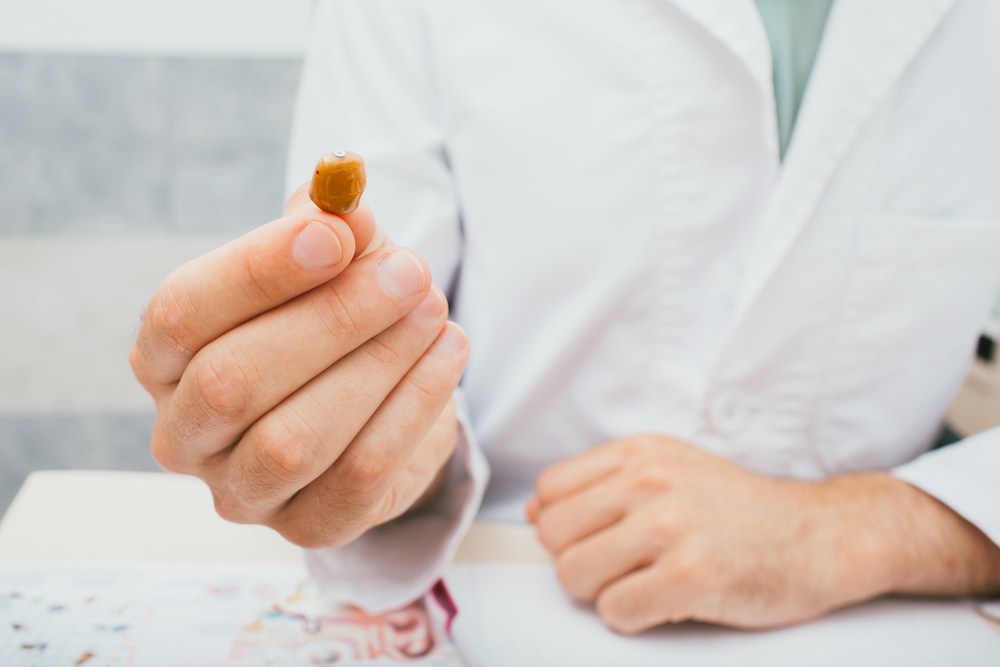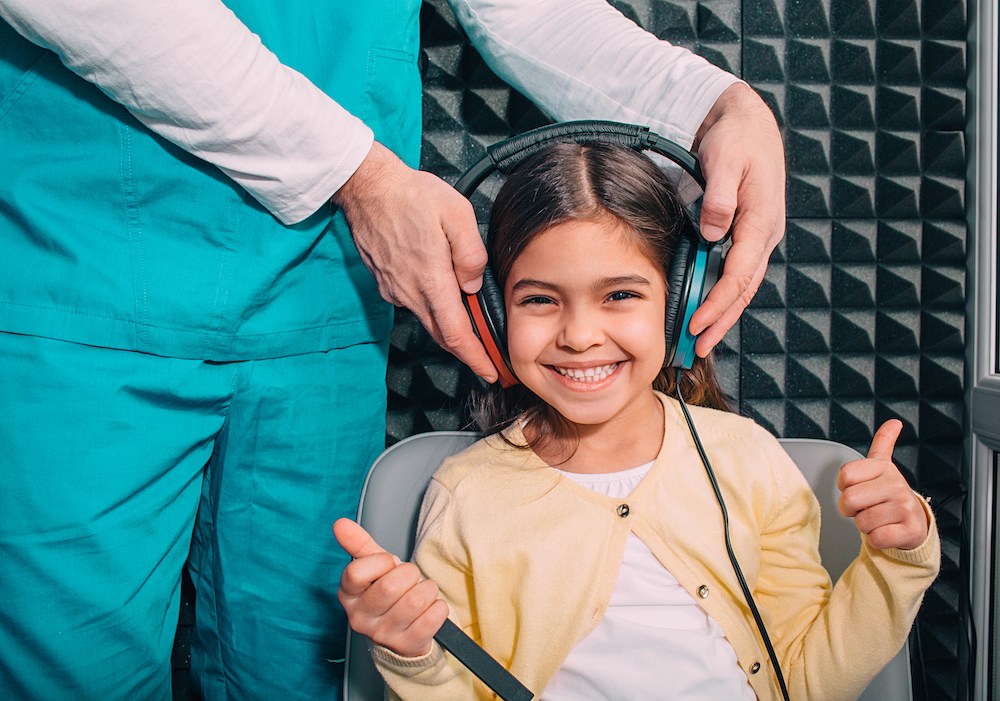Maximizing Your Hearing Aid Experience: Advanced Features You Didn’t Know About
Diving into the world of sound with your new hearing aid is a thrilling

By: admin | July 20, 2023
For those experiencing hearing loss, hearing aids are, by far, the most widely used and effective means of treating it and improving your hearing. As advanced as they are, and as resilient as they have gotten over years of development, hearing aids are pieces of technology. This means they’re prone to experience issues due to wear and tear over time. However, they should last you years when taken care of. Here, we’re going to look at the four most important things you can do to enjoy the longevity your hearing aids should be offering.
You’re going to be handling your hearing aid every single day, as you’re going to be taking it out of your ear, putting it back in, putting it in its case and so on. For one, you want to avoid dropping them as best as possible, as even a short drop onto a hard surface could potentially do damage. When you need to handle your hearing aid, try to do it over a soft surface. This way, if it does fall, it is at least cushioned.
Beyond that, be sure to practice good hand hygiene. The dirt, sweat, natural bodily oils and the like that can build up on our hands aren’t very good for these devices. After washing, be sure to dry your hands, of course.
Hearing aids are delicate pieces of technology with multiple components, some of which are exposed to the outside world. Dirt, dust, debris and especially earwax can build up on these components, and even inside some parts like the hearing tube. To ensure that you’re taking the best care of your hearing aid, you should make sure that you have a hearing aid cleaning kit.
Following the instructions of your cleaning kit, if they’re provided is crucial. You want to make sure that you don’t use water to clean the hearing aid or even wet cloths. If you’re unaware of how to clean your hearing aids effectively, your audiologist can offer advice and step-by-step instructions.
Much of the cleaning you do will be to combat the earwax that builds up in your ears. People who wear hearing aids tend to produce more earwax than those who do not, so it may be worth having your ears professionally cleaned now and then to keep them at a manageable but healthy level, too.
As mentioned, water and moisture should be avoided as best as possible. There are computerized components within your hearing aid that, when they come in contact with moisture, can malfunction. Most hearing aids have some level of ambient moisture protection, but you shouldn’t assume yours is water-resistant unless it’s specifically labeled as such.
Aside from causing malfunctions with the wiring inside them, moisture can also affect components like the microphone and speaker, causing the sound amplification to get fuzzier sounding and less accurate. It can also cause corrosion of the battery is allowed to seep into the battery compartment, and a corroding battery is bad for the whole device.
You should avoid wearing your hearing aid in hot and humid spaces, such as the bathroom, even if you’re not actively wearing it in the shower or bath. Similarly, avoid taking it out into the rain when you can. If you do experience any malfunctions with the device, then you should get in touch with your audiologist, as they can provide a range of basic repairs and, if further help is necessary, get in touch with the manufacturer for you, or provide a replacement if necessary.
One of the big reasons to keep your hearing aid out of humid and moist environments is to preserve the battery. The health of your battery in general is crucial because, as mentioned, corrosion of the battery can damage other components. Aside from keeping it out of moisture, you should take your battery out of your hearing aid whenever you’re not wearing it. If possible, keep your battery in a dehumidifying case. Many hearing aid cases have a separate section for the battery.
As mentioned, your audiologist can play a key role in helping you not only get the most use out of your hearing aids but to help you get the best quality from them as well. To learn more about how we can help you, get in touch with Quality Hearing & Audiology Center by calling at (816) 205-7220 today.

Diving into the world of sound with your new hearing aid is a thrilling
By: admin | February 24, 2024

Have you noticed changes in your hearing and want to understand the
By: admin | December 28, 2023

Living with hearing loss can have an impact on your mental wellbeing.
By: admin | November 25, 2023
